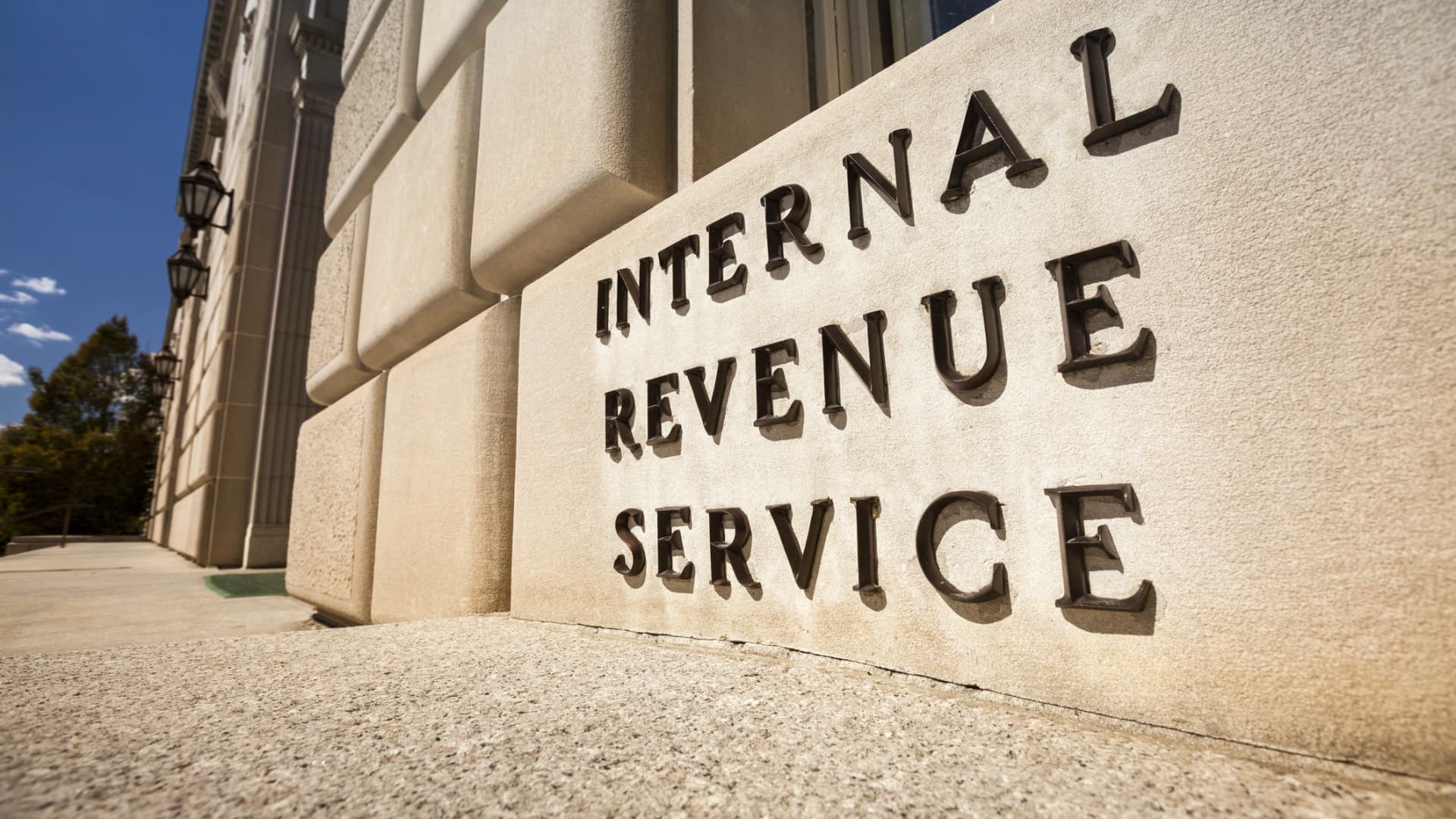A cottage trade of specialist corporations has sprung as much as assist enterprise homeowners declare the Worker Retention Credit score (ERC), a governmental tax incentive supposed for firms harassed by the pandemic. However companies have to be cautious to not get hoodwinked.
There are strict eligibility necessities for the ERC — a technique it may be claimed is for wages paid throughout pandemic intervals when gross receipts declined — and many homeowners could not likely perceive the factors. This implies they may inadvertently gloss over the chance and lose out on credit score of as much as $26,000 per worker. Or, they may simply be duped by dodgy suppliers into improperly searching for cash they don’t seem to be entitled to — with a hefty payment connected, in fact — and certain ramifications down the street.
The issue is especially pervasive given how simple it’s to file for the credit score and dupe small companies within the course of, stated Donald N. Hoffman, a companion with Eisner Advisory Group. “Each enterprise proprietor is getting dozens of emails and mail and being bombarded by tv advertisements,” he stated.
To make certain, the IRS warned enterprise homeowners final October to be looking out for third events selling improper ERC claims. It renewed that warning in March of this yr given what it stated in a launch “proceed to be promoters who aggressively mislead individuals and companies into considering they’ll declare these credit.”
The IRS went as far as so as to add fraudulent claims involving the ERC to its annual “Soiled Dozen” checklist of tax scams.
“The aggressive advertising and marketing of those credit is deeply troubling and a serious concern,” stated IRS Commissioner Danny Werfel in a launch. “There are very particular tips round these pandemic-era credit; they aren’t obtainable to simply anybody.”
These promotions could depend on inaccurate details about eligibility or how the credit score is calculated, the IRS stated. What’s extra, a few of these commercials are designed to gather a taxpayer’s delicate info, which is then used for identification theft functions, the IRS stated.
Listed here are necessary issues homeowners have to know concerning the ERC to keep away from points, together with within the worst-case situation, an audit.
Begin by understanding the fundamental ERC declare necessities
Begin by realizing the fundamentals so you may perceive whether or not your corporation could qualify for a credit score.
Eligible taxpayers can declare the ERC on an authentic or amended employment tax return for certified wages paid between March 13, 2020, and Dec. 31, 2021, in accordance with the IRS. Companies may be eligible in the event that they sustained a full or partial suspension of operations as a consequence of a pandemic-related government-ordered shutdown throughout relevant time intervals. A enterprise can be eligible if it skilled a decline in gross receipts throughout the first three quarters of 2021, or a big decline in gross receipts throughout 2020. One other option to be eligible is that if the corporate certified as a “restoration startup enterprise” — a enterprise began throughout the pandemic — for the third or fourth quarters of 2021.
Companies can nonetheless be eligible for the credit score in the event that they acquired PPP mortgage forgiveness, which some homeowners could not understand, stated Gina Perrone, a senior tax supervisor at accounting, tax and advisory agency Sax LLP. When the ERC was first created this was not allowed, however it was later revised. There are nevertheless, restrictions on double-dipping, which a tax skilled may help guarantee does not occur.
Seek the advice of a CPA earlier than signing with an ERC specialist
It’s totally complicated for small companies due to the varied necessities, so it’s advisable to seek the advice of with a CPA agency that’s aware of the ERC guidelines — even when a 3rd occasion suggests the enterprise mechanically qualifies. There are a lot of definitions and particulars that have to be sorted out to make sure that a enterprise is, in actual fact, eligible.
As an illustration, the definition of gross receipts for credit score functions is the one utilized by the Small Enterprise Administration, and it refers back to the determine reported in your tax return, Hoffman stated.
Definitely, do not signal an settlement with a 3rd occasion earlier than consulting with a trusted and respected monetary skilled.
Be taught to identify the ERC pink flags to keep away from an audit
Although a supplier could make it sound “tremendous easy,” there are lots of sophisticated components in figuring out eligibility, stated Jenn McCabe, companion at accounting and consulting agency Armanino. Be cautious of any agency that makes use of strain ways to encourage companies to behave rapidly, she stated. These corporations generally cost hefty upfront charges or a payment that’s contingent on the refund quantity.
One other pink flag is when a 3rd occasion does not ask for documentation to make sure a enterprise proprietor qualifies, Perrone stated. Companies do not have to supply that documentation to the IRS, however they need to nonetheless guarantee they’re entitled to the credit score to keep away from pricey complications in a while. If the enterprise wasn’t actually eligible, however acquired the credit score and is later audited, it’s going to owe the cash again with penalties and curiosity, Perrone stated. This may happen a number of years later, and in the meantime, the enterprise has already paid the third occasion and is unlikely to recuperate these funds, Perrone stated.
To assist keep away from an audit, “be sure to can substantiate your declare and your eligibility necessities,” Perrone stated.
If your corporation does qualify, subsequent steps with tax return
As soon as the enterprise ascertains it qualifies, the subsequent step is to file Kind 941-X, an amended quarterly payroll tax return, for every quarter for which the enterprise seeks credit score. For 2020, companies have till April 15, 2024 to file; for 2021, they’ve till April 15, 2025, Perrone stated.
Companies that file for the credit score additionally have to amend their relevant tax returns to account for the extra revenue based mostly on the yr they certified for the credit score. “They can’t simply report the revenue within the yr they acquired the money,” Hoffman stated.
Additionally know that skilled requirements prohibit CPAs from charging contingency charges for getting ready authentic or amended returns — a crucial step in receiving the credit score.

Related posts
Subscribe
* You will receive the latest news and updates!
Quick Cook!
Is it Unlawful to Demand a Return to Workplace?
The patterns of distant and versatile working that adopted the COVID-19 pandemic and lockdown restrictions are starting to waver, with…
The Startup Journal The way to Safe Short-term Startup Funding If You Don’t Have Traders But
Beginning a brand new enterprise is an thrilling journey, but it surely usually requires a big sum of money to…



